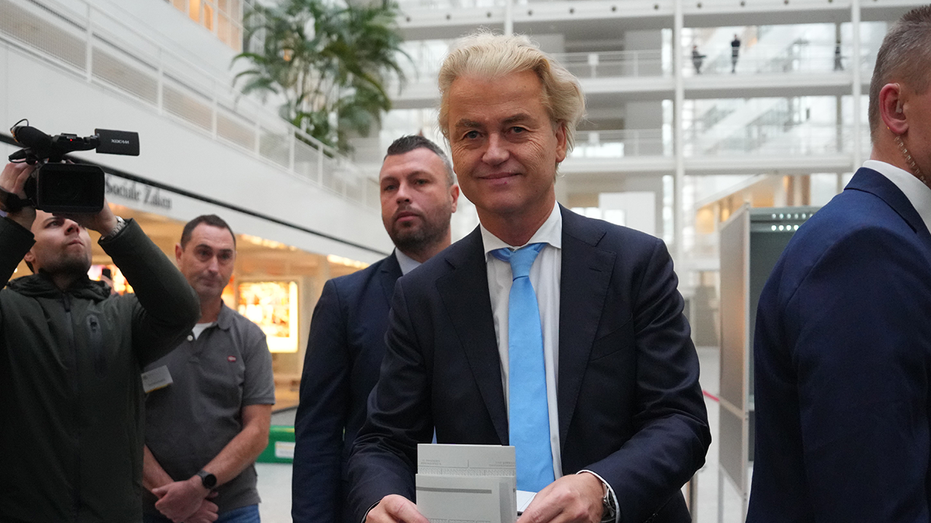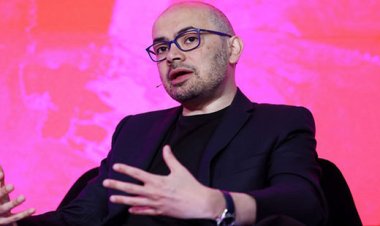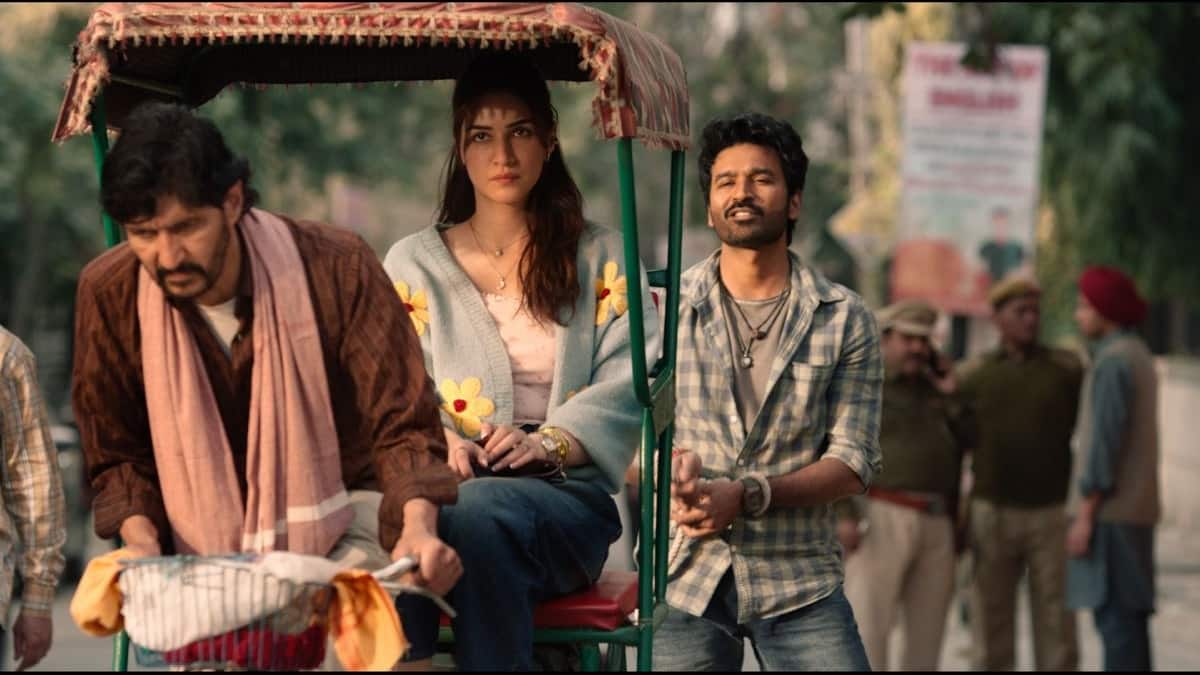Dutch firebrand Geert Wilders threatens to revoke slavery apology as coalition talks drag
The apology for the Dutch role in slavery and the slave trade followed a year of intense debate despite a lack of support from voters due to a commission report recommending the action.

Prospective Dutch Prime Minister Geert Wilders has threatened to rescind the country’s apology for slavery, as he continues haggling with various parties to form a coalition government.
"The apologies for the history of slavery and the police actions, as made by the king, will be withdrawn," Wilders had warned in his election manifesto, according to The Times newspaper of Britain.
Wilders, the leader of the far-right Freedom Party (PVV), shocked political experts when his party won the Dutch general election, but he first needed to create a coalition of parties to form his government or face another election. Those closed-door talks between PVV and three other parties have dragged on for weeks.
Wilder indicated he would drop some of his more extreme anti-Muslim policy proposals to reach a compromise and cooperate with the other parties after only one showed any willingness to outright work with PVV, according to The Guardian.
Outgoing Dutch Prime Minister Mark Rutte’s conservative People's Party for Freedom and Democracy ruled out any possible participation in Wilders’ cabinet, though the new leader Dilan Yeşilgöz-Zegerius said he would consider offering "outside" support to PVV.
Rutte and King Willem-Alexander issued an apology for the "crime against humanity" of slavery and colonialism last year, but Wilders blasted the apology during his campaign as "nonsense excuses about the distant past" and "left-wing hatred" of the country’s history.
Wilders has used the threat to try and protect his anti-Muslim policy plans, which include shutting down mosques and banning the Quran. He also wants to push for a referendum that would seek a Dutch exit from the European Union. He touted these policies as far back as 2012, when he compared a ban on the Quran to a ban on Adolf Hitler’s manifesto "Mein Kampf," which is banned in a few countries.
However, Wilders has already dropped his plans to shutter mosques and ban the Quran as he seeks to solidify support. The plan to revoke the Dutch slavery apology remains popular among his supporters, as the apology was not fully supported before its adoption.
As recently as 2020, Rutte had ruled out the possibility of offering an apology for slavery and the Dutch role in the slave trade, according to local Dutch news.
"I understand the request and I know what an apology can mean," Rutte told ministers during a heated debate on racism. "But the question is, can you hold the people who are alive today responsible for the past? Some could experience that as painful."
However, Rutte admitted the debate was "certainly not over," and just two years later he reversed course, despite polls indicating that the general populace did not care for such an apology, even after the global Black Lives Matter protests.
King Willem-Alexander quietly supported and helped open an exhibit that looked at the "colonial past during which a significant portion of the foundations of the present-day Netherlands were laid."
Wilders also suspended the development of a lesson plan for schools about the country’s history with slavery, which would have been published on the July 1 anniversary of the abolition of slavery in the Netherlands.






















